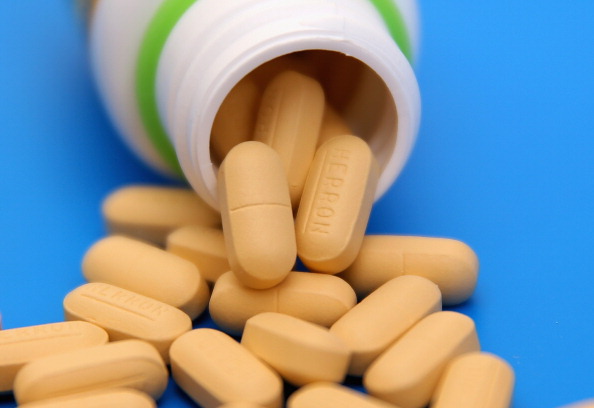
People with diabetes are at-risk of high blood pressure and cardiovascular disease. A new study however revealed that drugs to prevent hypertension can actually cause more harm than good to people with diabetes, even possibly causing their deaths.
According to a new meta-analysis study published in the British Medical Journal, which was prepared by researchers of Umeå University in Sweden, intensive blood pressure-lowering drugs on diabetic patients can be dangerous. Depending on the systolic blood pressure reading of the diabetes patients, the drugs can lead to adverse results.
Those with a reading of higher than 140 mm Hg before underling the intensive blood pressure treatment can enjoy the benefits. Their risk rate for stroke, heart attack, heart failure, and even death is lower. However, if their systolic blood pressure reading is lower than 140mm Hg, taking antihypertensive medications can elevate their risk of cardiovascular death by 15%.
Researchers also cautioned about taking the results to heart, although the findings' significance cannot be emphasized enough. The results are almost exclusively formed from the data obtained from patients with type 2 diabetes who underwent previous antihypertensive treatment, so individuals with type 1 diabetes may find these results inapplicable to them.
In addition, the results also went against past findings, which suggested that those with systolic blood pressure of less than 140 mm Hg benefit from antihypertensive treatments. They can experience lowered risk of stroke and albuminuria.
Still, even with this risk, lead researcher Mattias Brunstron claims that it does not mean people with diabetes should not lower their blood pressure. "In practice, it is important to remember that undertreatment of high blood pressure is a bigger problem than overtreatment," Brunstrom emphasized. There are other ways to do it, particularly having a better lifestyle.
